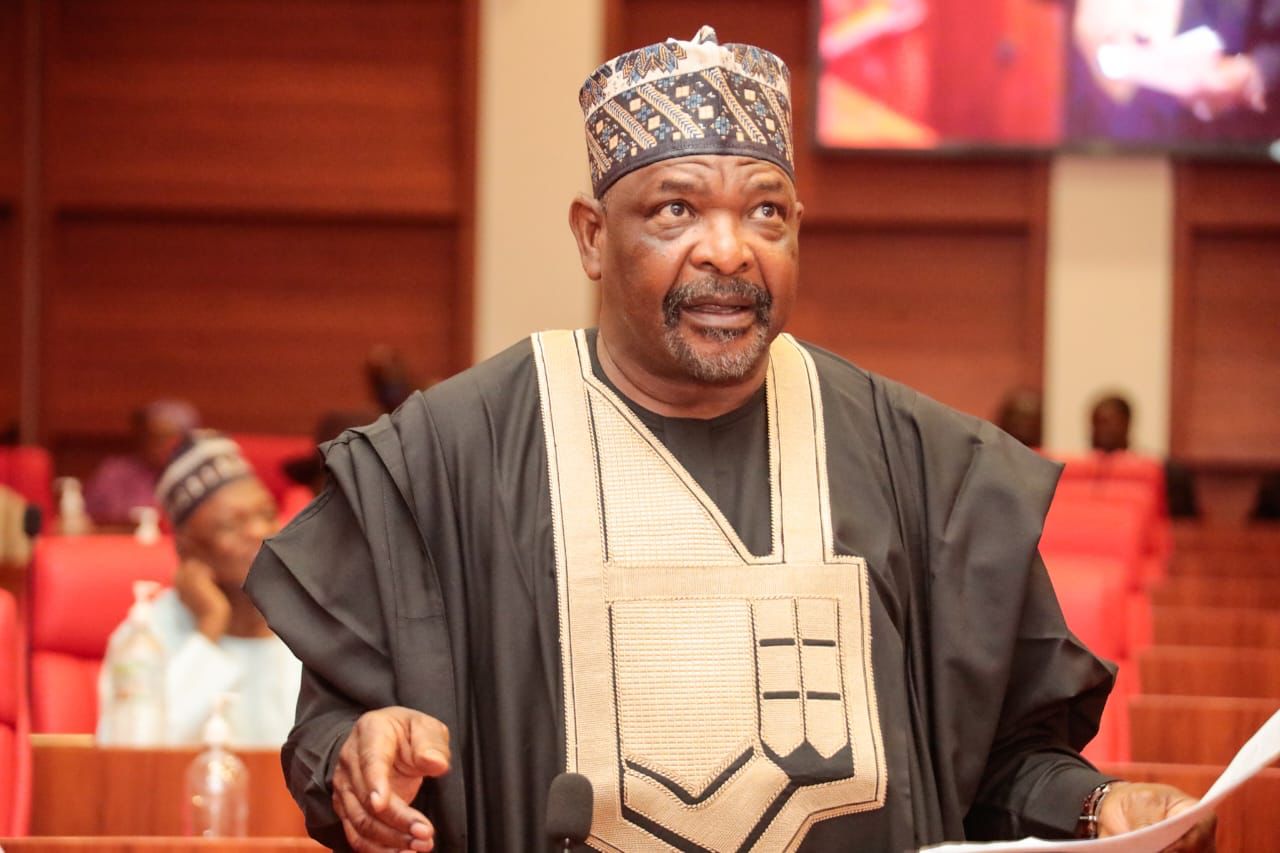On March 6, President Bola Tinubu announced the issuance of policy directives to improve the investment climate and position Nigeria as the preferred investment destination for the oil and gas sector in Africa.
Tinubu initiated the amendment of primary legislation to introduce fiscal incentives for oil and gas projects, reduce contracting costs and timelines, as well as promote cost efficiency in local content requirements.
As part of the policies, the president issued a directive, gazetted on February 28, on the reduction of petroleum sector contracting costs and timelines.
According to the policy, comparative analysis has shown that the Nigerian petroleum sector’s contracting cycle exceeds global industry standards by four to six times, reducing competitiveness for potential investors.
Advertisement
Here are highlights of the regulation.
SHORTEN PROCEDURE FOR APPROVAL OF COMPANIES, PROMOTE EASE OF DOING BUSINESS
The federal government said to promote transparency and efficiency and to encourage investment in the petroleum sector, it aims to shorten the procedure for getting approval for contracts “to which companies in the petroleum sector and companies controlled by the FGN are parties”.
Advertisement
The government also intends to give effect to and “reinforce the provisions of the Business Facilitation (Miscellaneous Provisions) Act, 2022 and enhance the ease of doing business within the petroleum sector”.
According to Tinubu, there is an urgent and compelling need to reform the contracting process in the petroleum sector by simplifying and compressing the contracting cycle to a period of not more than six months, in accordance with global industry practice.
He also pointed out the need to raise contract approval thresholds to account for the rate of inflation and raise the duration for third-party contracts from three to five years — with the option of renewal for an additional two years.
“And whereas, the FGN is committed to improving the investment climate and positioning Nigeria as the preferred investment destination for the petroleum sector in Africa,” Tinubu said.
Advertisement
Pursuant to the powers conferred upon the president by Section 5 of the Constitution of the Federal Republic of Nigeria, 1999 (as amended), Section 3 of the Petroleum Industry Act, 2021, and Section 100 of the Nigerian Oil and Gas Industry Content Development Act, 2010, Tinubu directed the Ministry of Finance Incorporated (MOFI) and Ministry of Petroleum Incorporated (MOPI), as shareholders of the Nigerian National Petroleum Company Limited (NNPC), and the Nigerian Content Monitoring and Development Board (NCDMB), to implement the policies.
“Where the provisions of production sharing contracts (PSC) or joint operating agreements (JOA) provide financial value thresholds for the prior consent of the NNPC for the awards of contracts and procurement, MOFI and MOPI are hereby directed to take steps to procure NNPC to amend the PSC or JOA to raise the contract approval thresholds to not less than $10,000,000 or the naira equivalent determined at the NAFEX FMDQ exchange rate or any other platform determined by the Central Bank of Nigeria (CBN),” the policy reads.
“MOFI and MOPI shall ensure that this threshold will be reviewed and adjusted in line with the rate of consumer inflation as disclosed by the National Bureau of Statistics on a yearly basis.”
The president directed NNPC and the Nigerian Upstream Investment Management Services Limited (NUIMS), in collaboration with the NCDMB and industry stakeholders, to simplify the contract approval process.
Advertisement
According to the policy, they must also adopt a single level of approval by NUIMS and NCDMB at each contract stage including prequalification, technical, commercial and final approval stages.
“The NNPCL and NUIMS shall ensure that all approvals or consents required to be given by it for contracts and procurement for each contract stage pursuant to the terms of PSCs or JOAS are issued within 15 days from the date of submission of application by the relevant party to the PSC or JOA,” Tinubu said.
Advertisement
“NNPCL and NUIMS are required to communicate its decision to the applicant within the time-frame stipulated under subparagraph (2) of this paragraph.
“Where the NNPCL and NUIMS fails to communicate its decision within the aforementioned timeline, the approval or consent shall be deemed granted.
Advertisement
“Where an applicant’s submission is deemed insufficient or inadequate, NNPCL and NUIMS shall request additional information or clarification during the initial review period.”
The applicant is obligated to furnish such additional information or clarification within seven days.
Advertisement
‘NNPC, NUIMS OBLIGATED TO RESPOND TO APPLICANTS WITHIN SEVEN DAYS’
Following the submission, the NNPC and NUIMS are required to respond to the applicant within seven days, according to the policy, and failure to do so would result in the approval or consent being deemed granted.
“The NCDMB shall review any Nigerian Content Plan (“NCP”) submitted to it pursuant to section 7 of the Nigerian Oil and Gas Industry Content Development Act within the 10 days stipulated in the Act,” Tinubu said.
“Where the NCDMB fails to communicate its decision within the 10 days period, the NCP shall be deemed approved.
“Where an applicant’s submission is deemed insufficient or inadequate, NCDMB shall request for additional information or clarification during the initial review period.
“The applicant is required to furnish such additional information or clarification within seven days. Where the NCDMB fails to communicate its decision within the 10 days period, the NCP shall be deemed approved.
“Where an applicant’s submission is deemed insufficient or inadequate, NCDMB shall request for additional information or clarification during the initial review period.”
According to the federal government, the applicant is required to provide such additional information or clarification within seven days.
Following the submission, the NCDMB is also obligated to respond to the applicant within the subsequent seven days and failure to do so would result in the approval being seen as granted.
‘NCDMB TO DIRECT APPLICATION FOR EXPATRIATE QUOTA TO MINISTRY OF INTERIOR’
According to the federal government, the NCDMB will forward an application for expatriate quota to the ministry of interior or any other relevant ministry, department or agency (MDA) within 10 working days, provided all supporting documents are in order.
“Where any matter requires the approval, satisfaction or consent of the NCDMB and no timeline is provided under the Nigerian Oil and Gas Industry Content Development Act, the NCDMB shall communicate its decision on such matter within 15 days of receiving a request to that effect, failing which the NCDMB shall be deemed to have approved, satisfied or consented to such matter,” Tinubu said.
Furthermore, the duration for third-party contracts awarded under PSCs and JOAs was increased from three years to five years with the option of renewal for an additional two years after the expiration of the initial five years.
The president said the directive would take effect immediately.
The federal government directed MOFI, MOPI, and NCDMB to comply with the directive within 30 days and devise the implementation modalities.
Add a comment






